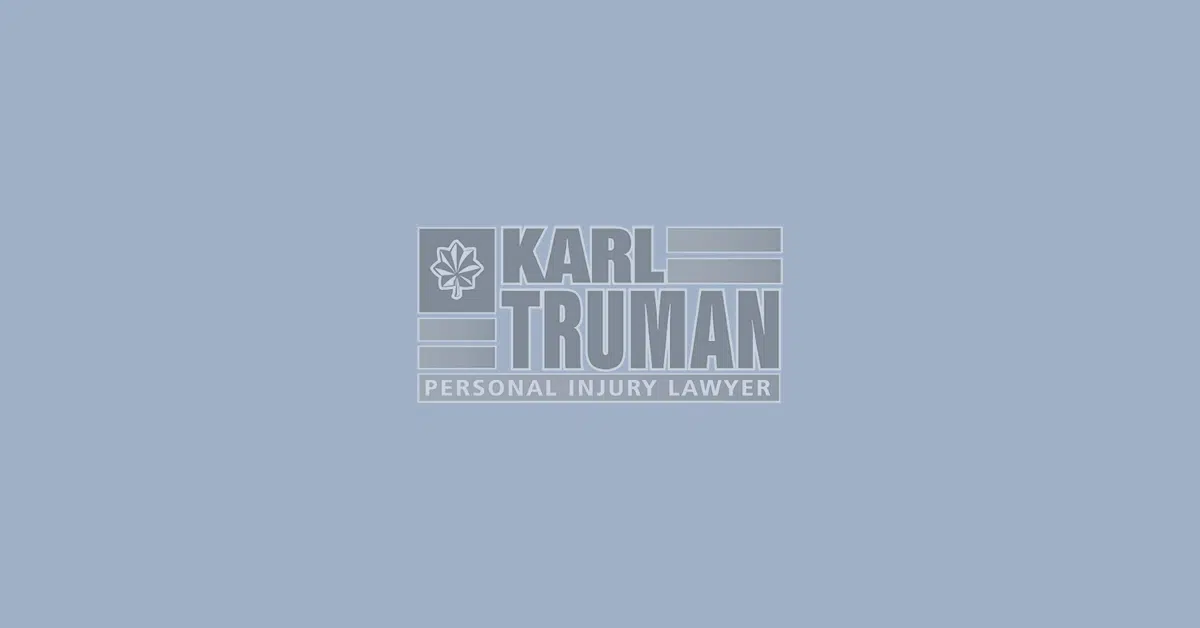
Recent news reports have detailed that some instances of complications associated with the da Vinci Surgical System are going unreported to the U.S. Food and Drug Administration (FDA). Now, the robot-assisted surgical device is being used as something of a poster child in efforts to get the FDA to change the way it regulates and monitors adverse effect reports for such products.
Last week, Bloomberg published the article “Unreported Robot Surgery Injuries Open Questions for FDA,” which focuses in part on a patient who underwent a hysterectomy performed with a da Vinci surgical robot. The patient said she was unaware the surgical system had been linked to a number of injuries in previous hysterectomies. She sustained severe rectal burns, and is now on disability as she awaits a third revision surgery; she has also joined the growing number of people who have filed lawsuits against Intuitive Surgical Inc., which manufactures the da Vinci, for damages related to resulting complications.
The FDA maintains a database of injuries and deaths tied to specific pharmaceuticals and medical devices, but according to the Bloomberg report some hospitals and surgeons do not report adverse effects. The Bloomberg article quotes David Challoner, who is the vice president emeritus for health affairs at the University of Florida and coauthor of an Institute of Medicine report that urges changes to the FDA’s process for monitoring the safety of medical devices.
“The adverse event reporting system is a disaster,” Challoner says in the article. “Every link in the chain has a reason not to report.” In fact, the documentation issued by the Institute of Medicine states that flaws in the process for reporting complications “make it impossible to confidently draw broad conclusions about the safety and effectiveness of products that are on the market.”
The da Vinci Surgical System was cleared by the FDA in 2000 after a trial of 233 patients who underwent gall bladder surgery or heartburn operations in a Mexico City hospital. The device has been used in more than 300,000 surgeries in the United States in each of the past two years for a broad range of procedures.
In 2013, the FDA received more than 3,500 adverse effect reports linked to robot-assisted surgery procedures, more than double the reports of complications from the previous year. In the Bloomberg article, Dr. John Birkmeyer, a surgeon and surgical outcomes expert at the University of Michigan, says that new surgical technologies are being implemented faster than they can be sufficiently studied in regards to advantages and disadvantages compared to standard surgical techniques.
“Robotic surgery didn’t invent the genre, but it certainly is the poster child for what the concerns are” regarding the reporting and monitoring of medical device complications, he said.